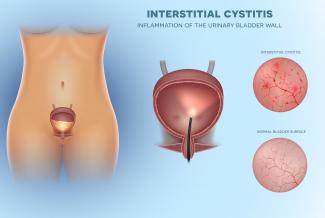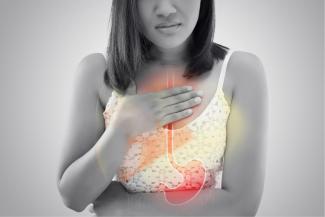News
- Melatonin may decrease heartburn
06 May 14
- Survey on complementary medicine and menopausal symptoms
07 Apr 14
- Dark chocolate for weight loss?
07 Apr 14
- N-acetylcysteine reverses paracetamol (Tylenol) drug poisoning
07 Apr 14
- Desiccated thyroid for hypothyroidism
07 Apr 14
- Creatine: Hope for Huntington’s
07 Apr 14
- Testosterone Therapy: helpful or harmful?
28 Feb 14
- Intravenous Vitamin C and Chemotherapy
28 Feb 14
- Iron Deficiency Anemia associated with risk of stroke
28 Feb 14
- Fenugreek: A potential tool for managing Diabetes
28 Feb 14
- Routine use of antipyretics for fever not supported
28 Feb 14
- Proton Pump Inhibitors: affecting more than just your heartburn
31 Jan 14
- Fibromyalgia and the vitamin D connection
31 Jan 14
- Mediterranean diet and Cognition
31 Jan 14
- Vitamin D and Depression
31 Jan 14











